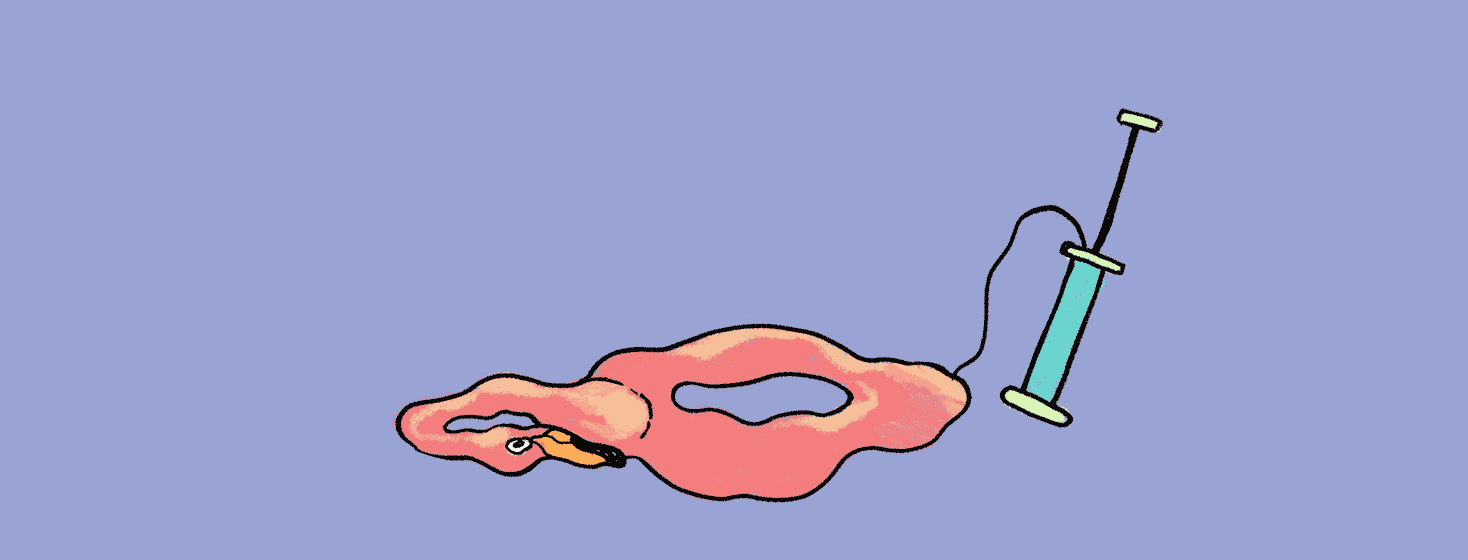Penile Implants After Prostate Cancer
Penile implants are one of several treatment options for erectile dysfunction (ED). Erectile dysfunction refers to difficulty having and keeping an erection. ED is a common side effect of many prostate cancer treatments.1
Doctors recommend penile implants only after other ED treatments have failed. These implants are the most invasive treatment for ED. However, penile implants have the highest satisfaction rate of all ED treatments. Talk to your doctor about the risks and benefits of penile implants.1
What causes erectile dysfunction for people with prostate cancer?
Almost all major treatment options for prostate cancer can cause ED. Around 85 percent of people experience ED after prostate cancer treatment. Treatments that carry a risk of erectile dysfunction include:1
- Radiation therapy
- Surgery (such as radical prostatectomy)
- Hormone therapy
Sometimes, ED may be temporary, such as after hormone therapy. In other cases, ED may be permanent, such as after surgery. Exact ED symptoms and how long they last depend on:2
- The extent of your prostate cancer
- The prostate cancer treatments you receive
- The ED treatments you receive
- Your other medical conditions
- Your age and other individual factors
What are some ways to manage erectile dysfunction?
ED and other sexual side effects of prostate cancer treatment are not life-threatening. But they can impact your quality of life, self-esteem, and personal relationships.1,2
Several treatment options are available for ED. Talk to your doctor about the risks and benefits of each treatment. The right option for you depends on many factors, including your personal preference. ED treatment options include:1,2
- Oral medicines that increase blood flow (vasodilators)
- Injectable medicines that trigger erections
- Mechanical devices like penis pumps
- Surgical options, including penile implants
- Lifestyle changes, such as exercise
Oral medications are the first choice for many people who have ED with prostate cancer. However, they may not be right for everyone. In these cases, penile implants may be a treatment option.1,3
What is a penile implant?
A penile implant is a device that is surgically placed inside the penis. It allows a person with ED to get an erection. It does not increase sexual desire or sensation.1,3
There are 2 types of penile implants: semi-rigid and inflatable. Three-piece inflatable implants are the most common. They use a fluid-filled reservoir placed near the stomach, along with a pump that has a release valve. Pumping the fluid from the reservoir into the penis leads to an erection. Releasing the valve drains the fluid back into the reservoir.1,3
When are they used to treat ED?
Penile implants are not usually the first treatment option for ED. However, an implant may be an option for you if you:1,3
- Cannot take vasodilators because of certain other medicines you take
- Have severe ED
- Have ED that does not respond to vasodilators
- Prefer them for other individual reasons
What are the benefits and risks?
The main benefit of penile implants is that they are almost always effective. About 90 percent of people are satisfied after receiving a penile implant. Many people who have an implant report:4,5
- Better sexual function
- More sexual confidence
- Higher relationship satisfaction
Because of this, experts believe it is not necessary to try other ED treatments before getting an implant. However, penile implants are still rarely used. Less than 3 percent of people who have ED after prostate cancer receive penile implants.5
Penile implant surgery does have certain risks. These include:3
- Infections
- Problems with the implant
- Internal sticking or wearing of the implant
These are not all the possible risks of penile implant surgery. Talk to your doctor about what to expect from the procedure. After the procedure, tell them if you have any changes that concern you.
Other things to know
Penile implants are not right for everyone. Your doctor may advise against penile implants if you:3
- Have an infection
- Have diabetes that is not controlled well
- Have serious heart disease
- Should not undergo surgery because of other health reasons
Before penile implant surgery, you may need to stop taking certain medicines. During the procedure, you will be under anesthesia. After the procedure, you may take medicine to ease any pain. Ask your doctor how to prepare for the procedure, what to expect during and after the procedure, and how to manage any side effects.3

Join the conversation